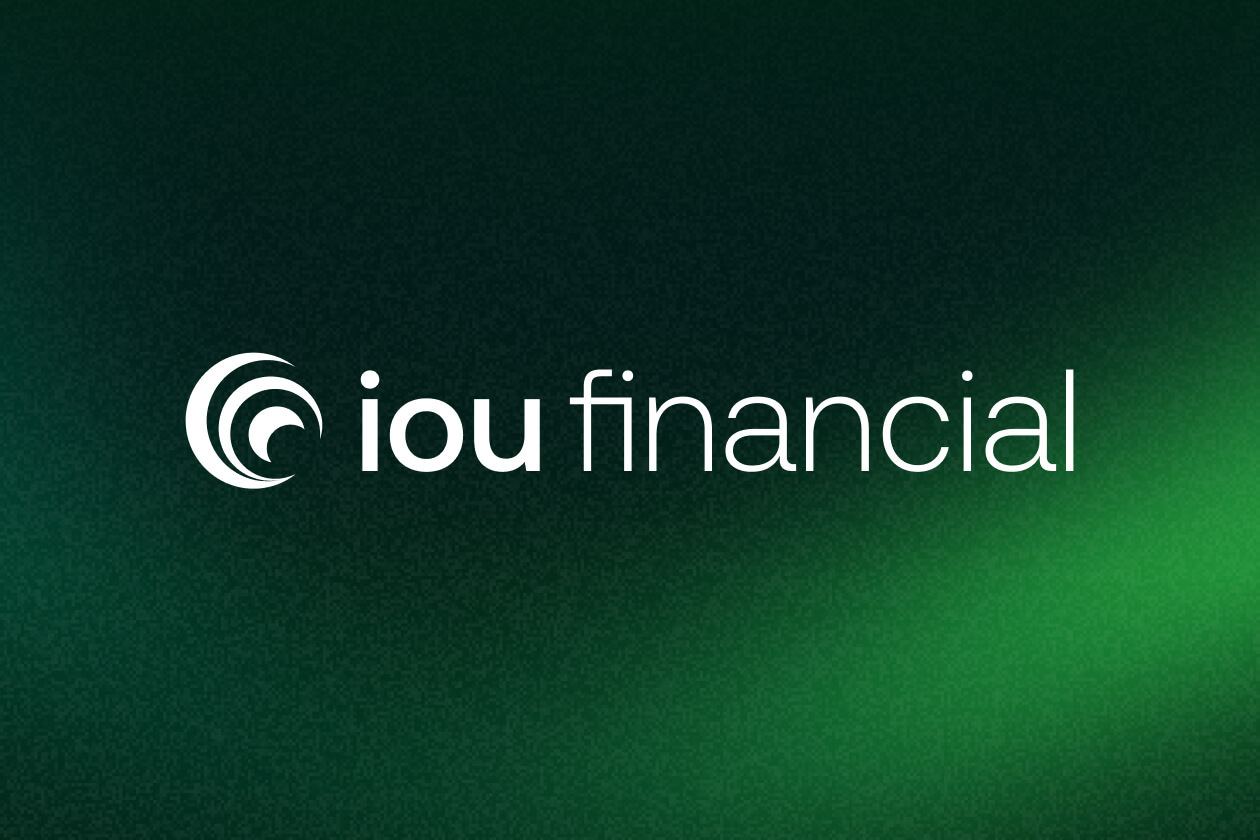Owning a business can be one of the most rewarding career paths— you have created something from scratch by leveraging your specific knowledge and expertise in your field. Therefore, it is understandable that you put forth all your effort into ensuring your business’ success. Although it can be easy to get caught up with the many different ideas you have as a business owner, it is important to remember to continuously plan and reevaluate your personal financial needs. This dedicated time focused on your financial future can offer you long-term protection as a business owner.
Save for Retirement
Perhaps you are transitioning to independently owning a business from working a 9-5 type of job. Or maybe you have always been a business owner. Either way, it is important to note the differences between the traditional workplace and understand that sometimes, the most advantageous parts of working in this type of environment are the employee benefits that are offered through these companies. It is important to try to incorporate some of these benefits into your own plan to protect your financial future.
One essential benefit offered through many traditional employers is a retirement savings plan, especially plans with a company match. A 401K employer-sponsored plan is a great way to save for retirement because the contributions are tax-deferred. As an entrepreneur or business owner, you will be solely responsible for setting up your own retirement account, which is important to do as preparing for retirement earlier than later sets you up for long-term financial stability. There are a few different options that you could look into for retirement as a self-employed individual depending on your specific needs as a business owner.
If you are just starting out, it can be difficult to project your exact earnings and therefore, harder to determine the correct amount to save. Consider taking a conservative approach to saving for retirement now and then increasing your personal contributions once you are making more to ensure a comfortable retirement.
Secure a Life Insurance Policy
As the workplace landscape is evolving, companies are including additional offerings to their benefits packages such as gym reimbursements, office catering, and even pet insurance to attract and retain future talent. While these benefits are attractive, they are not necessary to ensure future financial stability.
However, one benefit offered in most workplaces not to skip out on is life insurance. Having a life insurance policy not only protects you and your family members but also your business’ future. Life insurance serves the sole purpose of reimbursing your designated beneficiaries a set amount of money if you were to pass away.
This is crucial to protect those that depend on your income. For example, having a policy could ensure that your mortgage, household expenses, and even future financial goals such as college savings accounts are still funded even after you pass. Additionally, if you used personal expenses as collateral for your business, having a policy with enough coverage for these expenses protects your spouse and family from financial hardship.
Depending on the type of business you have and your employees, it could also be beneficial to take out a policy for a crucial employee whose knowledge or credentials would not be easily replaced. Since term life insurance policies are usually less expensive because they expire at a given time, this could be a good option to look into for a key employee while you grow your business.
Build up a Cash Reserve
Many have heard the advice to have three to six months of emergency savings built up. As a business owner, this is incredibly important to protect yourself from any unknown situations that were to occur within the business. These instances could include the loss of a major customer, equipment issues, legal issues, and more. Depending on your industry, it might be beneficial to have even more built up to ensure that you are prepared for any type of fluctuation or downturn in cashflow. This emergency fund can keep you afloat and ensure that you aren’t making short-term decisions that could impact your business in the long run.
Separate your Business from your Personal Finances
This step can be very difficult for business owners because it can be easy to want to throw any additional funds back into the business. While this is admirable, remember that maintaining stability and separation with your own personal finances will give you added peace of mind and help your business long-term.
Since this can be tricky, try to be intentional about separating your finances by opening two individual accounts both to better track your expenses and not be tempted to use funds from your personal account. Additionally, refrain from putting personal expenses on your business credit card and vice versa to help keep clearer records on how much money is going in and out of both accounts.
There can certainly be difficulties to running a business while also trying to further your own financial wellbeing, However, being your own boss is extremely rewarding you establish a process to both grow the financial needs of your business while also protecting your own financial future.






